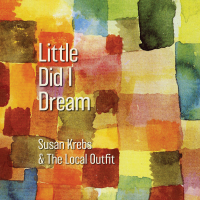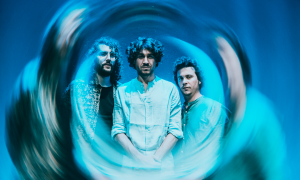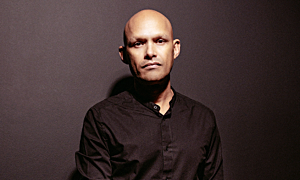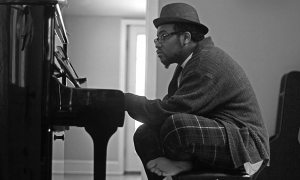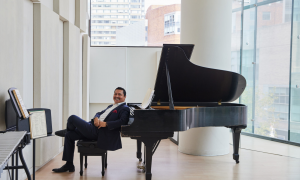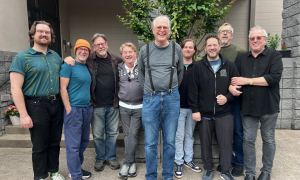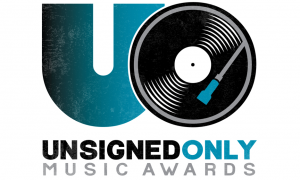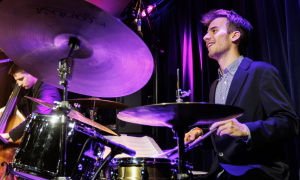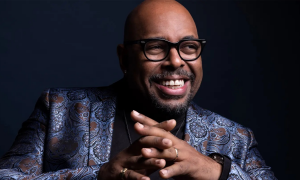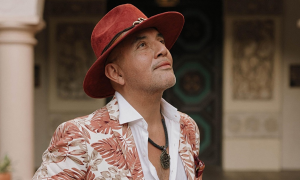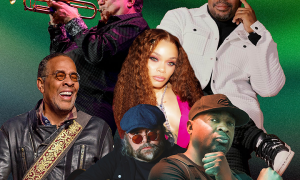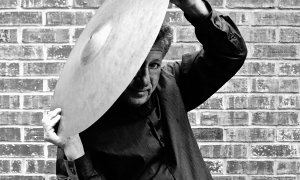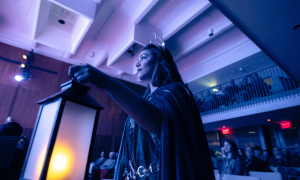By Mark Holston
Colombians know a great deal about the power of music. In the 1980s and early '90s, when cocaine kingpin Pablo Escobar and other drug lords turned South America's second most populous country into a battlefield, music was used as a tool to lure youngsters away from a life of drug-fueled violence. In the state of Antioquia, where Escobar lived and directed his criminal empire, dozens of local municipalities started city bands to give kids something constructive to do with their idle time. The results were dramatic: this innovative anti-violence program staged regular performances that helped calm the frayed nerves of locals while inspiring the young musicians to appreciate culture and pursue higher goals in life.
Two decades later, for most Colombians, that tortured era is all but a distant memory. Music, however, is still very much a part of the country's cultural identity. The month of September has become particularly important, for that's when the sounds that reverberate throughout the country's largest cities increasingly have the flavor of jazz in all its stylistic colors. The Colombian Jazz Circuit, a coordinated nationwide effort that facilitates the scheduling of visiting artists, will allow such stellar musicians as saxophonist/clarinetist
Colombians know a great deal about the power of music. In the 1980s and early '90s, when cocaine kingpin Pablo Escobar and other drug lords turned South America's second most populous country into a battlefield, music was used as a tool to lure youngsters away from a life of drug-fueled violence. In the state of Antioquia, where Escobar lived and directed his criminal empire, dozens of local municipalities started city bands to give kids something constructive to do with their idle time. The results were dramatic: this innovative anti-violence program staged regular performances that helped calm the frayed nerves of locals while inspiring the young musicians to appreciate culture and pursue higher goals in life.
Two decades later, for most Colombians, that tortured era is all but a distant memory. Music, however, is still very much a part of the country's cultural identity. The month of September has become particularly important, for that's when the sounds that reverberate throughout the country's largest cities increasingly have the flavor of jazz in all its stylistic colors. The Colombian Jazz Circuit, a coordinated nationwide effort that facilitates the scheduling of visiting artists, will allow such stellar musicians as saxophonist/clarinetist

Paquito D'Rivera
clarinetb.1948

 Source:
Source:












 Buy Now
Buy Now

